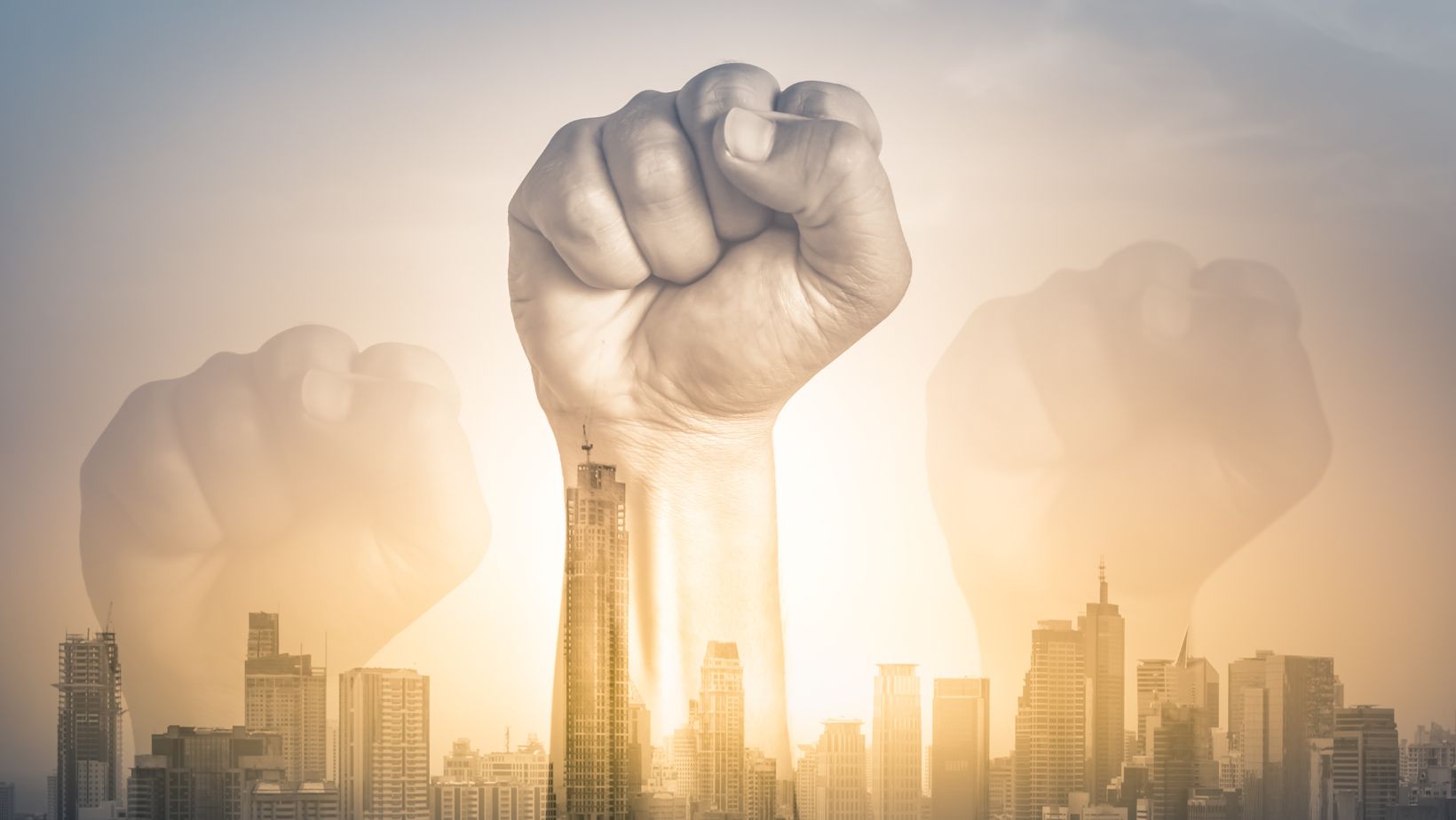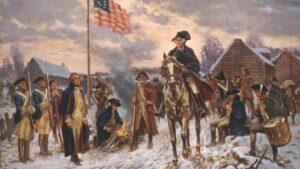
The Second Great Awakening, a pivotal era of religious revival in the United States, didn’t just redefine spiritual landscapes—it ignited a wave of social activism that reshaped the nation. This period, spanning the early 19th century, witnessed a surge in evangelical fervor that propelled believers to tackle societal ills head-on, laying the groundwork for movements that would challenge and change the fabric of American society. As preachers spread messages of salvation and personal faith across the country, they also sowed seeds of social reform. From the abolition of slavery to the push for women’s rights, the Second Great Awakening inspired individuals to fight for justice and equality.
The Social Activism of the Second Great Awakening
 The Second Great Awakening, a pivotal period in early 19th-century America, planted the seeds of social activism through its deep intertwining of religious fervor and calls for social reform. Preachers of the era, emphasizing personal salvation and faith, laid a foundation that transcended the confines of church walls, spurring followers to seek justice in societal structures. This movement’s multifaceted impact manifested in two significant areas: the abolition of slavery and the promotion of women’s rights. Advocates for abolition found moral support in the Awakening’s emphasis on equality before God, leading them to question and confront the inhumanity of slavery. Similarly, the push for women’s rights gained momentum as the movement embraced the concept of individual worth, regardless of gender. In essence, the Second Great Awakening served as a catalyst that transformed personal faith into public action, marking the inception of a sustained tradition of social activism in American history.
The Second Great Awakening, a pivotal period in early 19th-century America, planted the seeds of social activism through its deep intertwining of religious fervor and calls for social reform. Preachers of the era, emphasizing personal salvation and faith, laid a foundation that transcended the confines of church walls, spurring followers to seek justice in societal structures. This movement’s multifaceted impact manifested in two significant areas: the abolition of slavery and the promotion of women’s rights. Advocates for abolition found moral support in the Awakening’s emphasis on equality before God, leading them to question and confront the inhumanity of slavery. Similarly, the push for women’s rights gained momentum as the movement embraced the concept of individual worth, regardless of gender. In essence, the Second Great Awakening served as a catalyst that transformed personal faith into public action, marking the inception of a sustained tradition of social activism in American history.
Key Figures and Leaders
The Second Great Awakening saw the rise of several prominent figures whose teachings and actions fueled social activism. Charles Grandison Finney, a leading evangelist, utilized innovative revival methods that emphasized the ability of individuals to choose salvation and reject sin, directly influencing antislavery movements and campaigns for social reform. Lyman Beecher, another influential preacher, advocated for the temperance movement and played a significant role in moral and social causes. Women like Lucretia Mott and Elizabeth Cady Stanton, galvanized by the awakening’s call for personal empowerment, spearheaded the women’s suffrage movement. Similarly, African American leaders such as Richard Allen founded institutions like the African Methodist Episcopal Church, which became centers for community activism and anti-slavery advocacy. These leaders, among others, exemplified the era’s intertwined objectives of religious revival and social change, showcasing the powerful impact of the Second Great Awakening on American society.
Criticisms and Controversies
 Despite its significant influence on social reform, the Second Great Awakening wasn’t without criticism and controversy. Critics argue that not all religious leaders and movements fully embraced the principles of abolition or women’s rights, sometimes prioritizing religious conversion over societal change. Additionally, some scholars suggest the Awakening reinforced existing social hierarchies, even as it preached equality and emancipation. The focus on personal salvation, according to detractors, often overshadowed the push for structural societal reform. Furthermore, the era’s fervent religious activism at times led to division within communities, as not everyone agreed on the interpretations of the Awakening’s social gospel. These controversies highlight the complex interplay between faith and social activism during the Second Great Awakening, underscoring the multifaceted nature of its legacy on American society.
Despite its significant influence on social reform, the Second Great Awakening wasn’t without criticism and controversy. Critics argue that not all religious leaders and movements fully embraced the principles of abolition or women’s rights, sometimes prioritizing religious conversion over societal change. Additionally, some scholars suggest the Awakening reinforced existing social hierarchies, even as it preached equality and emancipation. The focus on personal salvation, according to detractors, often overshadowed the push for structural societal reform. Furthermore, the era’s fervent religious activism at times led to division within communities, as not everyone agreed on the interpretations of the Awakening’s social gospel. These controversies highlight the complex interplay between faith and social activism during the Second Great Awakening, underscoring the multifaceted nature of its legacy on American society.
The Legacy of the Second Great Awakening
The Second Great Awakening left an indelible mark on American society, intertwining faith with the fight for social justice. Leaders like Finney and Beecher, alongside pioneering activists such as Mott, Stanton, and Allen, spearheaded a movement that transcended mere religious revival to challenge the status quo. Their efforts laid the groundwork for significant reforms in abolition and women’s rights, despite facing criticism and societal divisions. This era showcased the power of religious fervor in propelling social activism, highlighting both its achievements and limitations. The legacy of the Second Great Awakening continues to resonate, reminding us of the complex yet profound influence of spiritual awakening on the course of American social reform.
